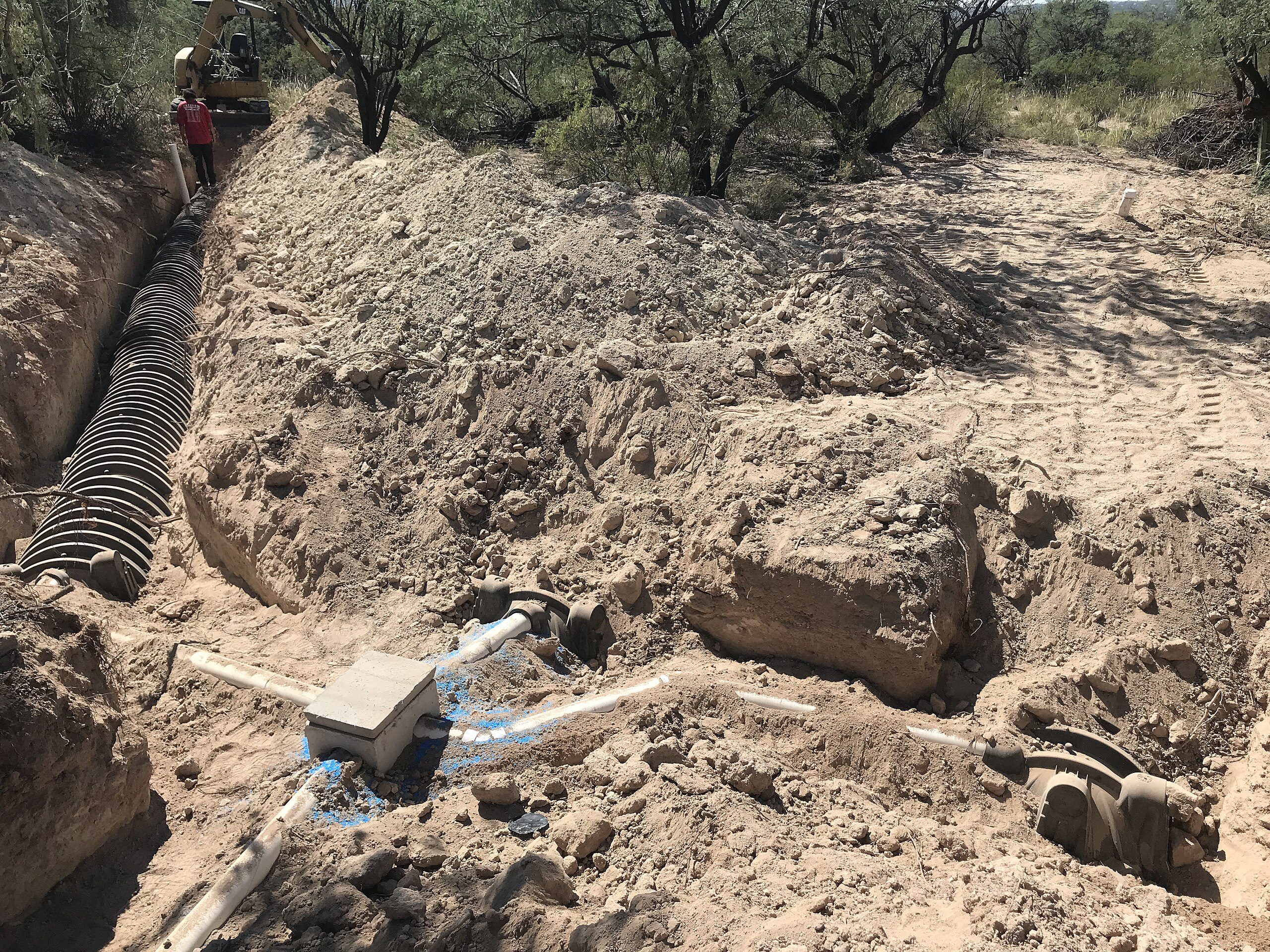November 22, 2023 — In Southern Nevada, lawmakers and local authorities are tackling a critical water shortage issue by encouraging the conversion of septic systems to municipal sewers . This initiative aims to enhance water recycling in an area that receives only about 4 inches of rain annually, making it the driest metropolitan city in the United States. Las Vegas relies heavily on the Colorado River for water, and the region’s rapid population growth has heightened the need for efficient water use.
. This initiative aims to enhance water recycling in an area that receives only about 4 inches of rain annually, making it the driest metropolitan city in the United States. Las Vegas relies heavily on the Colorado River for water, and the region’s rapid population growth has heightened the need for efficient water use.
Converting from septic systems to sewers is vital for water conservation. Septic systems treat wastewater and release it into the ground, which makes it unavailable for recycling. Given that Las Vegas has a highly effective recycling program, returning almost 99% of indoor water use to Lake Mead, this loss of water to septic systems represents a significant missed opportunity for conservation.
However, the conversion process is costly , posing a financial burden for many septic tank owners. The initial proposal for mandatory conversions by 2054 was met with concerns over the expenses, which can amount to several thousand dollars per property. In response, the state legislature passed a law allowing voluntary conversions and a nominal annual fee for those interested in participating in a conversion program.
, posing a financial burden for many septic tank owners. The initial proposal for mandatory conversions by 2054 was met with concerns over the expenses, which can amount to several thousand dollars per property. In response, the state legislature passed a law allowing voluntary conversions and a nominal annual fee for those interested in participating in a conversion program.
To assist with the costs, the Southern Nevada Water Authority has introduced programs that cover up to 85% of conversion expenses. They are also developing a fully-funded program, expected to launch soon, to further ease the financial strain on residents. The Nevada Independent reports that despite these efforts, the Southern Nevada Health District has yet to launch its own program due to funding challenges.
reports that despite these efforts, the Southern Nevada Health District has yet to launch its own program due to funding challenges.
This initiative is essential for Southern Nevada’s long-term water sustainability. As the valley continues to grow, recycling every possible gallon of water becomes increasingly crucial, especially in the face of ongoing reductions in Colorado River water allocations. The region’s focus is on converting as many of the 15,000 properties still on septic systems to municipal sewers, thereby enabling the recycling of millions of gallons of water that currently go unrecycled.
Image:
A 1000-gallon septic tank for two bedroom, 16 water fixture units; connected to three-chamber leach/ absorption trenches 52, 52 and the exposed trench is 56-feet. Copper sulfate (blue) to prevent roots from infiltrating the drain pipes. Raquel Baranow, October 2021 . Creative Commons license via Wikimedia Commons.
. Creative Commons license via Wikimedia Commons.


Leave a Reply